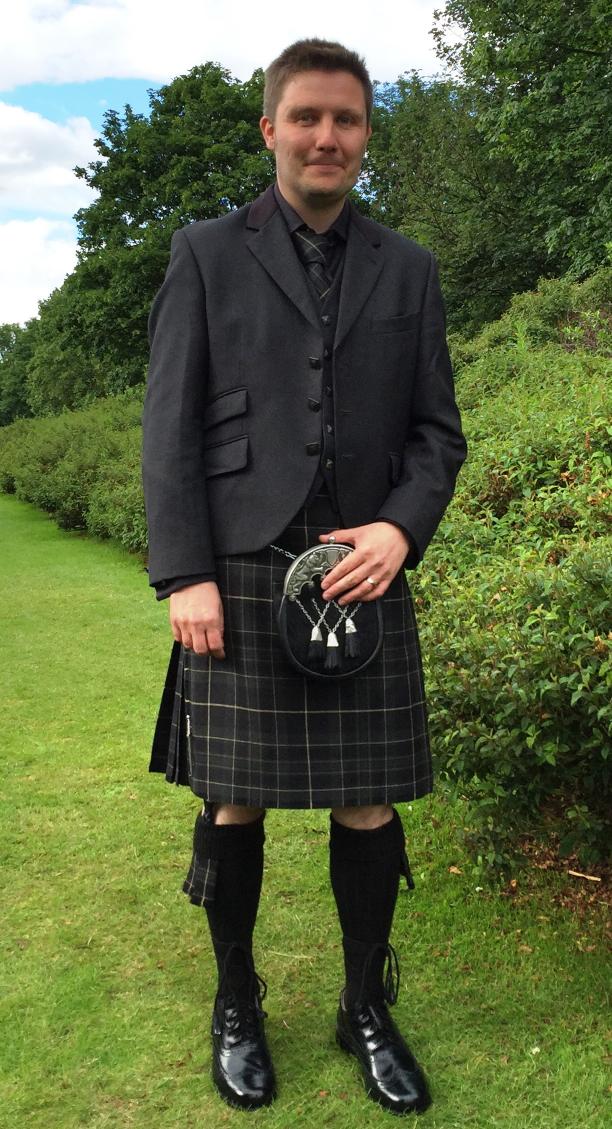Through my eyes: Bilateral hip dysplasia

My name is David Brown, and I am grateful for the opportunity to write this article. I decided to have a more open dialogue with my chronic condition. It has not come easily to me, but I am progressing to a healthier relationship with what has been lifelong pain.
The doctors instantly noticed that something was wrong when I was a baby. "It's not bone cancer," they told my mother. Instead, they diagnosed "inverted hips."
I now know that I have congenital bilateral hip dysplasia. This is an abnormality of the hip socket that causes friction in the joint.
Hip dysplasia is the most common cause of arthritis among young adults. The pain occurs most often in the groin, lower back, and hip joints. It can impact the knee joints, too.
The abnormal hip socket can also affect the elasticity of ligaments and hamstrings. The result is a painful, inflexible lower body.
The condition requires therapeutic and medical pain management as well as invasive procedures such as hip replacements, as wear and tear damages the joints.
I've been blessed with friends who have their own experiences with chronic conditions. I've observed how they cope, take ownership, and vocalize their feelings, and I'm inspired by them.
I want to explore my pain more and understand why I've never been comfortable talking about it. I have no doubt that some of my discomfort is existential guilt. I know that other people experience worse pain than I do on a daily basis. We're all aware of our joints jabbing and rubbing away at us.
My parents encouraged me to live as if the painful mobility was no barrier. They didn't discuss it, so I didn't. This pushed me to get on with life without complaining or seeking much help. The problem with this is that I never found the right moment to tell somebody about my condition. The moment passes, and that can be tough.
Dysplasia was not noted in my school record, nobody mentioned it to any club leader, and I haven't even mentioned it to my manager. Most of the people I'm closest to don't know, and I am O.K. with this. I don't want to make a statement for special treatment. I also don't want to feel inferior. I can do everything I want — even with the pain.
Most children have their literary heroes, such as Hermione Granger or Sherlock Holmes...but mine was the lame boy from The Pied Piper. Instead of a cautionary warning of honoring agreements, it became a dark morality tale — recounted as a bedtime story by my mother — of a wise boy using his lameness to his advantage.
He did not run with his friends to an idyll of caramel and rainbows but took his time to consider the bigger picture. Seeing the danger of the mountain cave where his peers would end up sealed and entombed, he lived to tell the tale.
My mother meant well; she wanted to give me someone I could relate to, and it worked. I've always looked to find the positives in my condition.
